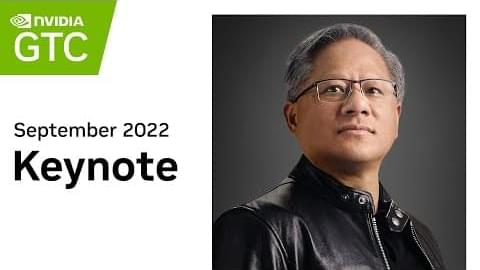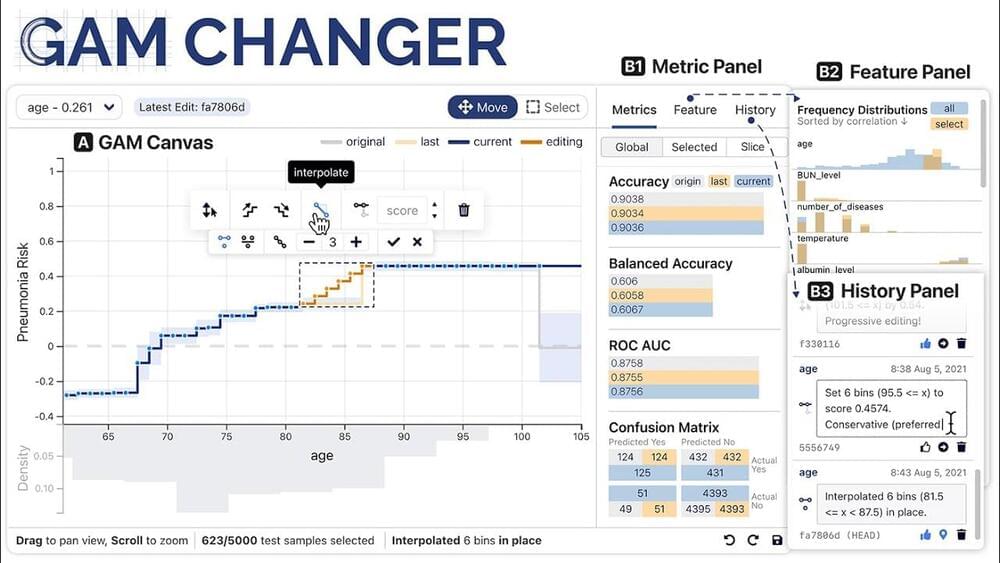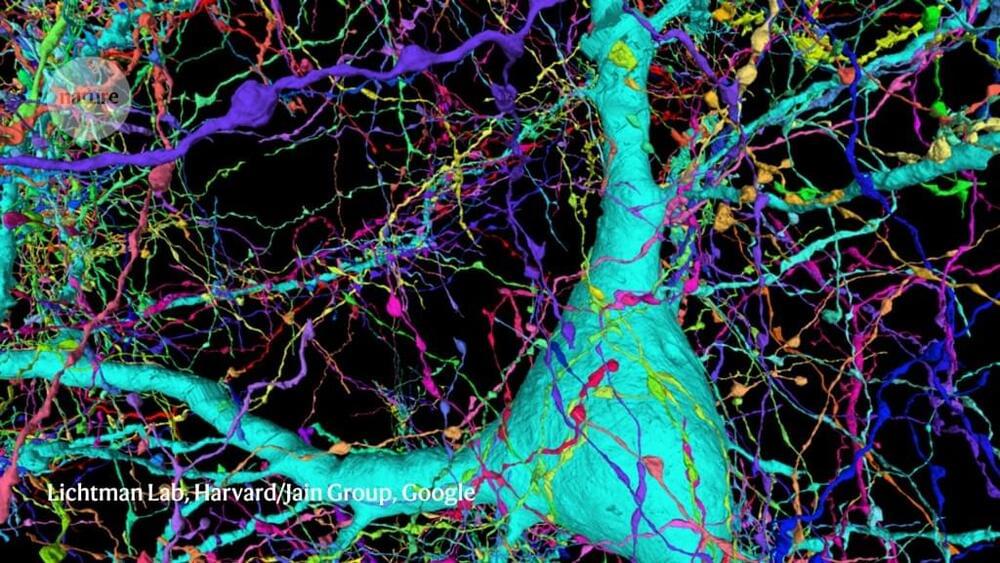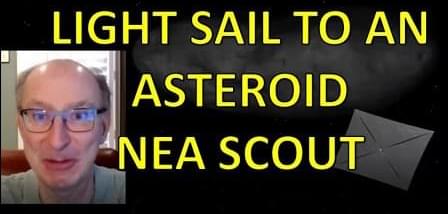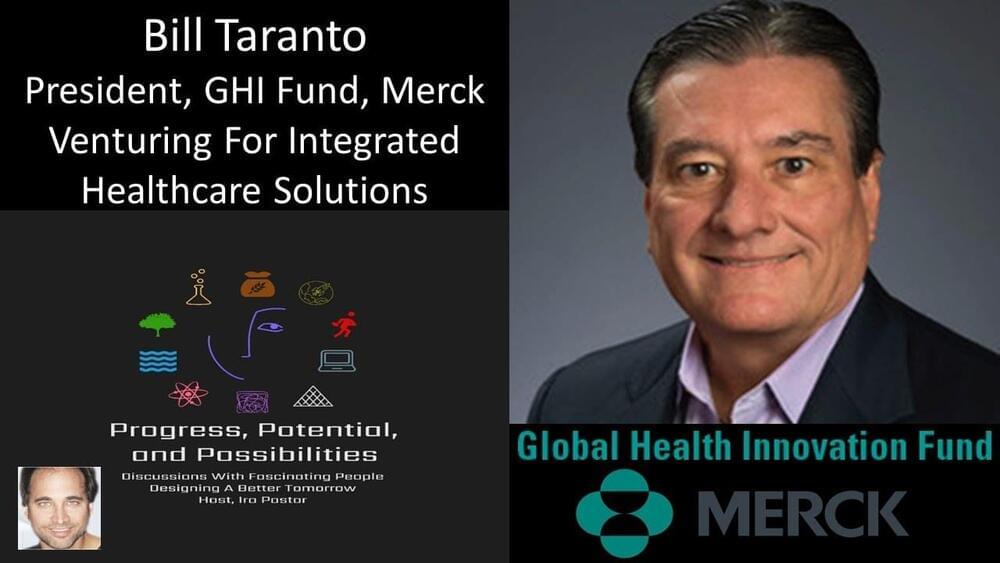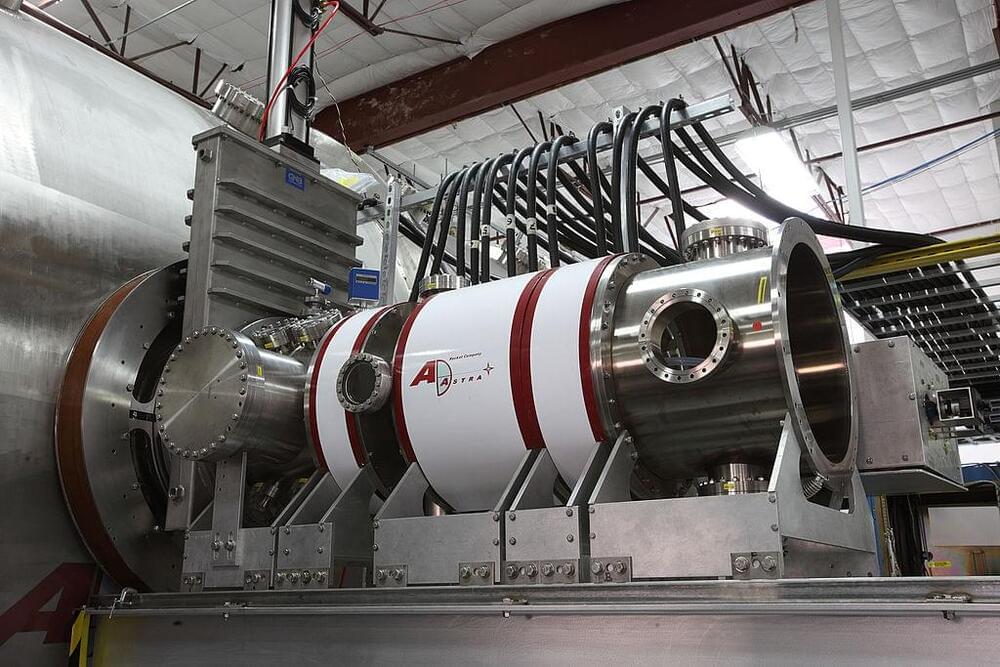Sep 21, 2022
People who distrust fellow humans show greater trust in artificial intelligence
Posted by Dan Kummer in category: robotics/AI
UNIVERSITY PARK, Pa.— A person’s distrust in humans predicts they will have more trust in artificial intelligence’s ability to moderate content online, according to a recently published study. The findings, the researchers say, have practical implications for both designers and users of AI tools in social media.
“We found a systematic pattern of individuals who have less trust in other humans showing greater trust in AI’s classification,” said S. Shyam Sundar, the James P. Jimirro Professor of Media Effects at Penn State. “Based on our analysis, this seems to be due to the users invoking the idea that machines are accurate, objective and free from ideological bias.”
The study, published in the journal of New Media & Society also found that “power users” who are experienced users of information technology, had the opposite tendency. They trusted the AI moderators less because they believe that machines lack the ability to detect nuances of human language.

